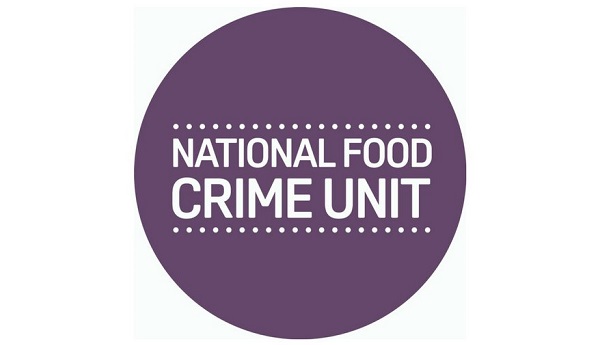Do you know how much food crime costs the UK economy every year?
Although it can be difficult to measure it is estimated that food crime costs the UK £11.97bn annually.
The last year and a half has been a tough one for most businesses, not least independent food, and drink businesses. From lock downs to tier systems and travel restrictions your industry has had a lot to contend with. It is inspiring that you have emerged on the other side with the same desire to provide your customers with the food that they love.
So, with everything that you have been through you may be wondering why we are adding food crime to the list of things that you have to consider? Well, quite simply, it is something that you must be aware of and something that you must protect your business and customers from.
What is Food Crime?
Food crime more often referred to as food fraud can be defined as serious fraud and related criminality in food supply chains. It can be seriously harmful to consumers, food businesses and the wider food industry. Food crime can occur in various ways. It can range from isolated acts of dishonesty by individual offenders to organised illegal activity co-ordinated by criminal networks.
The National Food Crime Unit focusses its work on 7 different types of food crime: adulteration, substitution, theft, misrepresentation, illegal processing, waste diversion and document fraud.
More information on the 7 types of food crime can be found on the FSA website.
Why do I Need to Worry food crime?
Food crime can affect any food business regardless of size or sector. It is a risk that both fixed site and mobile food businesses need to consider.
Food crime is not a victimless crime and it can impact your brand’s reputation and even pose a risk to your customers. It can be easy to think of food crime as just people being ripped off but there can also be a link between food crime and food safety. For instance, non-allergenic ingredients could be replaced with allergenic ingredients and if not declared could have potentially devastating consequences. Non-food items could be added to food or used in its place. Food that is not fit for human consumption such as animal by-products or food that is out of date or has been out temperature control could be diverted back into the supply chain. All posing a potential risk to your customers.
You should be able to provide your valued customers with food that is safe and what it says it is. To do this you need to consider the risk that food crime could pose.
What Should I be doing about it?
Initially it is always good to think about what you already have in place to protect your business and your customers from the risk of food crime. Earlier this year the National Food crime Unit launched its Food Fraud Resilience Self-Assessment Tool. This was designed to support food businesses in identifying the risk to their business from food crime, and outline steps that they can take to mitigate those risks.
The tool can be found on the main FSA website.
Put food crime on your agenda! Just like food safety and health and safety, the risk posed by food crime should always be something that you are considering in the day to day running of your business.
Spot some of the signs. There are certain things that you need to look out for to protect your business from food crime. Are your suppliers selling stock well under market value or failing to provide full traceability records? Have you been offered or received products which do not match their description or make you question the validity of their accreditation or quality claims? All of these could be signs of food crime and it’s important for everyone across a food business to be able to recognise them.
What is the National Food Crime Unit?
The National Food Crime Unit (NFCU) is a dedicated law enforcement function of the Food Standards Agency (FSA). The unit provides leadership on food crime across England, Wales, and Northern Ireland. The unit works closely with the Scottish Food Crime and Incidents Unit within Food Standards Scotland.
The NFCU was established in 2015 following a review of the 2013 horse meat incident. The NFCU is tasked with protecting consumers and the food industry from food crime within food supply chains. The NFCU works with the food industry to ensure that our food is safe and what it says it is.
More information on the NFCU can be found on the FSA website.






 Featured Training
Featured Training
OUR MEMBERSHIP
We're here to help make your catering business a success. Whether that be starting up or getting on top of your compliance and marketing. We're here to help you succeed.
Want our latest content?
Subscribe to our mailing list and get weekly insights, resources and articles for free
Get the emails